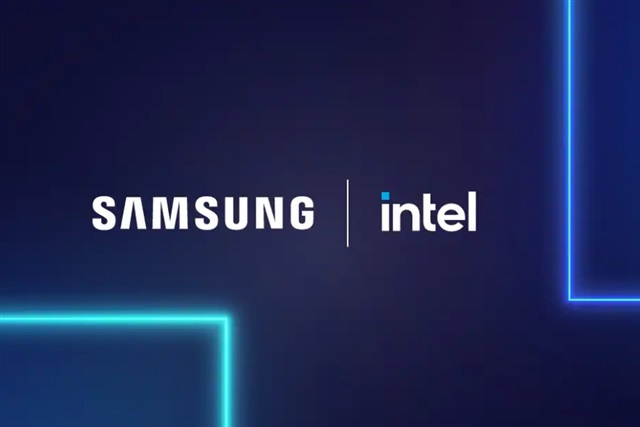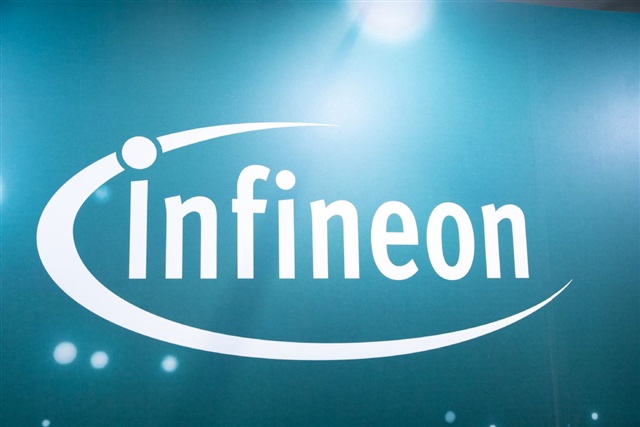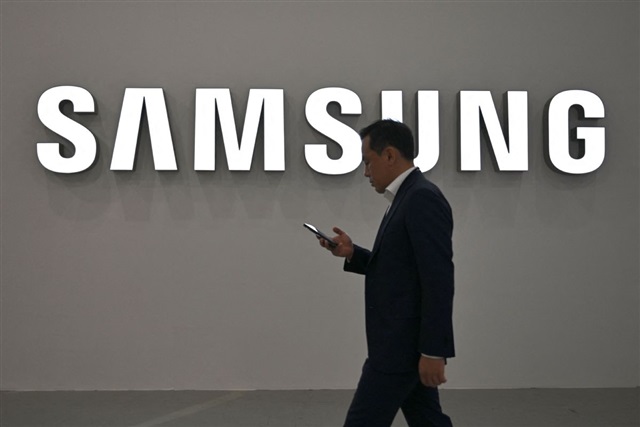The devices will be called STM32C071, are scheduled to arrive by mid-2024, to be followed by 256kbyte flash STM32C091 models sampling later that year.
This is not to say that the company is deserting 8bit MCUs: “ST remains dedicated to its STM8 series,” it said. “Some companies need the eerprom available in our 8bit MCUs, while others depend on the AEC-Q10x automotive qualification of some of our devices.”
While the smallest 32C0 has 16kbyte flash and 6kbyte ram, STM32C071 will put 24kbyte of ram alongside its 128kbyte of flash.
“Products that had to adopt significantly more expensive devices because of memory constraints can now exist in entry-level markets and, because we anticipate a lot of these systems to use USB to deliver power, we added a crystal-less USB controller.”
Interfaces for SPI and I2C, and a 32bit timer will also be included. Pin-out similarities with the next-level-up STM32G0 series will be retained, said the company.
The processor remains the same: a 48MHz Arm Cortex-M0+ that scores 114 in the EEMBC CoreMark benchmark.
C0 series MCUs are planned in packages as small as 3 x 3mm 20pad QFN or WLCSP12. Mass quantities of STM32C0 devices are available today in packages including SO8N, TSSOP20, LQFP32 and LQFP48.
Stay up to date with the latest in industry offers by subscribing us. Our newsletter is your key to receiving expert tips.

Samsung is reportedly evaluating a potential European semiconductor expansion alongside its South Korea and US manufacturing base, as the region tightens local production requirements and Germany seek

Given frequent price increases across precious metals, wafer foundry services, and packaging and testing, Infineon's announcement of price increases is very telling for the market. The company wil

Nvidia has recently signaled to Samsung Electronics that it hopes to secure early deliveries of sixth-generation high-bandwidth memory, known as HBM4. At the same time, as memory makers devote an incr